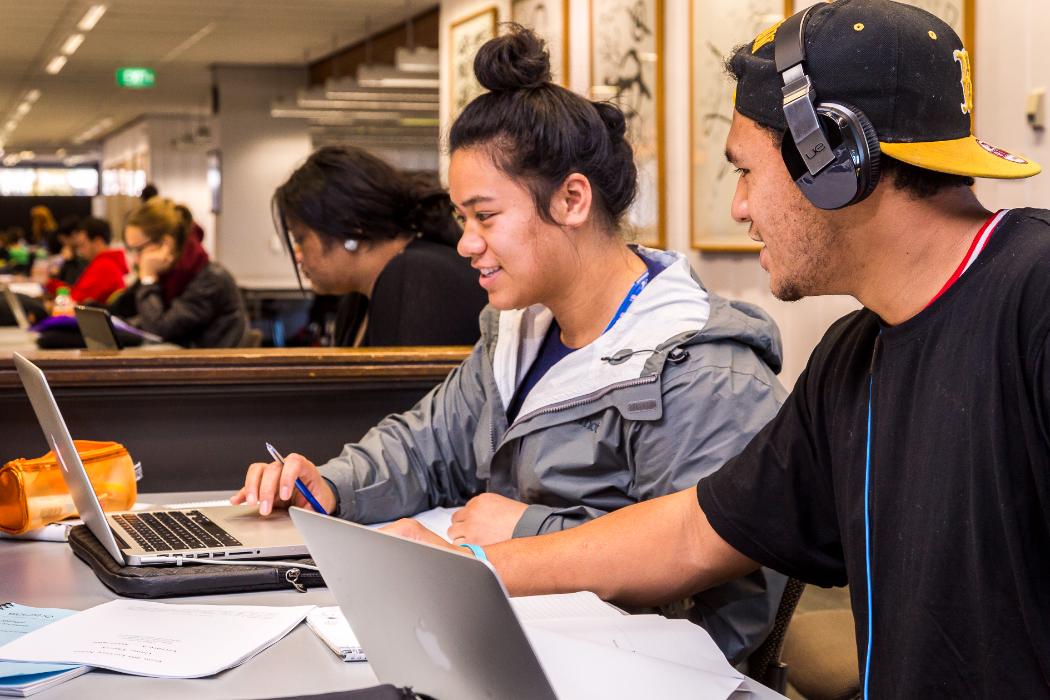-
Well-being for research students
Well-being encompasses multiple aspects of our lives. It has physical, social, financial, cultural, intellectual, emotional, spiritual, career, and environmental dimensions. Find out about research student well-being options at UC.

-
Well-being for research students
Well-being encompasses multiple aspects of our lives. It has physical, social, financial, cultural, intellectual, emotional, spiritual, career, and environmental dimensions. Find out about research student well-being options at UC.

-

Well-being for research students
-
Research Student Advisors
Kaitoko
Meet our Kaitoko | Research Student Advisors, who provide support for our doctoral students throughout the research journey. From your first day of doctoral study at UC through to thesis submission, they are here to help.
-
Research Student Advisors
Kaitoko
Meet our Kaitoko | Research Student Advisors, who provide support for our doctoral students throughout the research journey. From your first day of doctoral study at UC through to thesis submission, they are here to help.
-
Research Student Advisors
-
Current research master's students
Are you a current research Master's student, or considering a research Master's degree at UC? See what your academic journey will look like - learn about the lifecycle of a master's thesis, how to make changes to your thesis enrolment, and how to submit a master's thesis for examination.

-
Current research master's students
Are you a current research Master's student, or considering a research Master's degree at UC? See what your academic journey will look like - learn about the lifecycle of a master's thesis, how to make changes to your thesis enrolment, and how to submit a master's thesis for examination.

-

Current research master's students
-
Current doctoral students
From doctoral reporting milestones to supervisory agreements and submitting your thesis, check out all our information for current doctoral students at UC.

-
Current doctoral students
From doctoral reporting milestones to supervisory agreements and submitting your thesis, check out all our information for current doctoral students at UC.

-

Current doctoral students
-
Returning to Research Study

-
Returning to Research Study

-

Returning to Research Study
-
Resources for Research Students
-
Resources for Research Students
-
Resources for Research Students
Menu
Study
Ako
Life
Te Ao o UC
Privacy Preferences
By clicking "Accept All Cookies", you agree to the storing of cookies on your device to enhance site navigation, analyse site usage, and assist in our marketing efforts.
General enquiries
0800 827 748 (within NZ)
+64 3 369 3999
Emergency contact details
Ext: 92111 (from a campus landline)
Direct dial: 0800 823 637
University of Canterbury | A Fair Trade University

